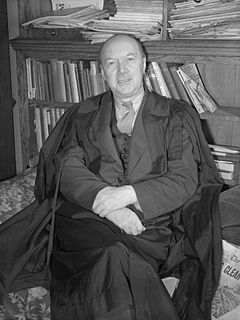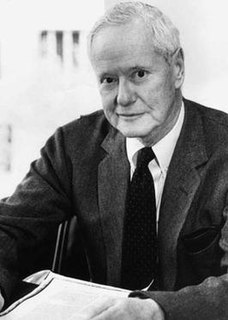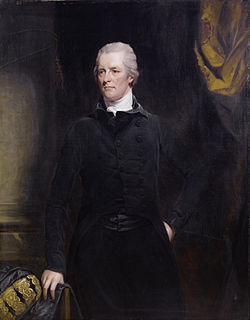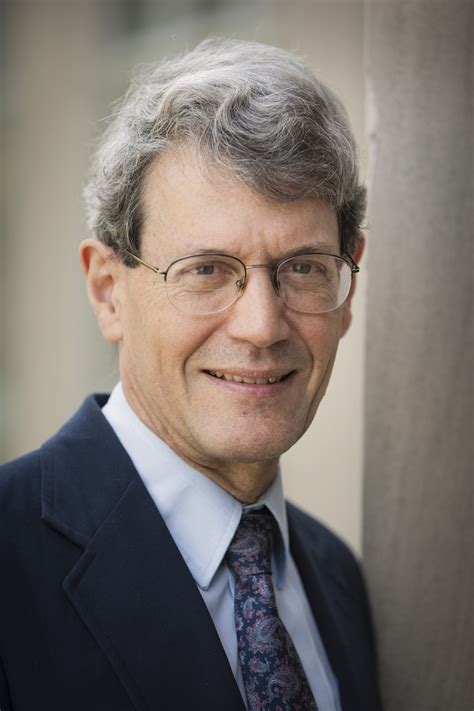Цитата Крисса Джами
Хотя художники всех мастей утверждают, что вкладывают душу в свои работы, это только смутит вас, например, если вы попытаетесь распознать художника по его картинам. Его шедевр может быть мастером благодаря своей радужности; он может отображать сотни различных точек зрения через его единственное лицо.
Связанные цитаты
Отличительная черта образованного человека не в том, что он хвастается тем, что построил свою гору фактов и стоит на ней, а в том, что он допускает, что в той же цепи могут быть и другие вершины, на вершине которых находятся люди, и что , хотя их взгляды на пейзаж могут отличаться от его, они тем не менее законны.
На чем бы ни стоял человек, что бы он ни делал, к чему бы он ни приложил свою руку — в земледелии, в торговле и в промышленности, или свой ум, в мире искусства и науки — он есть, в чем бы он ни был, постоянно стоять перед лицом Божиим. Он занят служением своему Богу. Он должен строго повиноваться своему Богу. И прежде всего он должен стремиться к славе своего Бога.
Только когда он опубликовал свои идеи и открытия, ученый внес свой вклад, и только когда он, таким образом, сделал их частью общественного достояния науки, он может действительно претендовать на них как на свои собственные. Ибо его притязания основаны только на признании коллег в социальной системе науки посредством ссылки на его работу.
Он не знаменит. Может быть, его никогда и не будет. Может быть, когда его жизнь подойдет к концу, он оставит не больше следов своего пребывания на земле, чем камень, брошенный в реку, оставляет на поверхности воды. Но может случиться так, что образ жизни, который он выбрал для себя, и особая сила и мягкость его характера могут иметь все возрастающее влияние на его ближних, так что, возможно, спустя много времени после его смерти, можно будет осознать, что жило в этом веке очень замечательное существо.
Единственное различие между свободой и рабством состоит в том, что в первом состоянии человек управляется законами, на которые он дал свое согласие либо лично, либо через своего представителя; в последнем им управляет воля другого. В одном случае его жизнь и имущество принадлежат ему; в другом они зависят от удовольствия его хозяина. Легко понять, какое из этих двух состояний предпочтительнее.
Собака узнает своего хозяина, как бы он ни был одет. Хозяин может быть в мантии, костюме и галстуке или стоять голым, но собака всегда узнает своего хозяина. Если мы не можем узнать Бога, нашего возлюбленного хозяина, когда он приходит в другом одеянии из другой религии, тогда мы меньше, чем эта собака.
Самый бедный человек может в своем коттедже бросить вызов всем силам Короны. Он может быть хрупким, его крыша может трястись; ветер может дуть через него; буря может войти; дождь может войти; но король Англии не может войти; все его силы не смеют переступить порог разрушенного многоквартирного дома.
Некоторые дали бы такое определение слуге: «Слуга — это тот, кто узнает, что хочет от него хозяин, и затем делает это». Человеческое представление о слуге состоит в том, что слуга идет к хозяину и говорит: «Господин, что ты хочешь, чтобы я сделал?» Хозяин говорит ему, и слуга уходит САМОСТОЯТЕЛЬНО и делает это. Это не библейская концепция слуги Божьего. Быть слугой Бога отличается от того, чтобы быть слугой человека-хозяина. Слуга человека-хозяина работает НА своего хозяина. Однако Бог действует ЧЕРЕЗ Своих слуг.
Общение с Богом, когда мы слышим Его голос, богато. Мы получаем его значения; мы подчиняемся его авторитету; мы растем благодаря его силе, которая действует в нашей жизни через его слова; и мы переживаем славу его личного присутствия, когда слышим его. Эти аспекты идут рука об руку, хотя иногда мы можем лучше осознавать один аспект.
Вполне возможно, что человек может добиться успеха, в основном потому, что он сохраняет все свои силы для личных достижений и не вкладывает никакой своей энергии в обучение, которое даст ему возможность действовать вместе с другими. Индивид действует быстро, и мы ослеплены его успехом, лишь смутно осознавая неадекватность его кода.







































